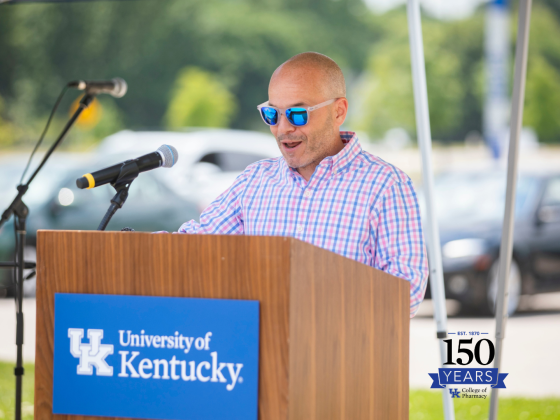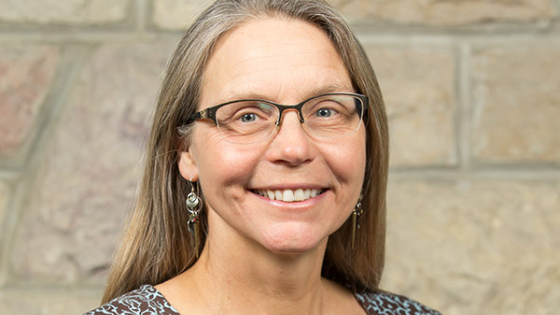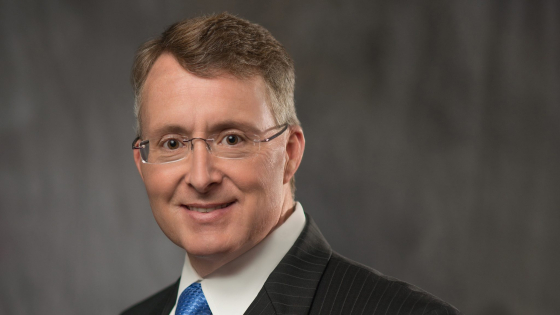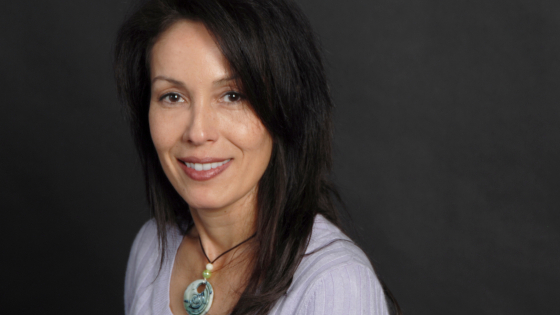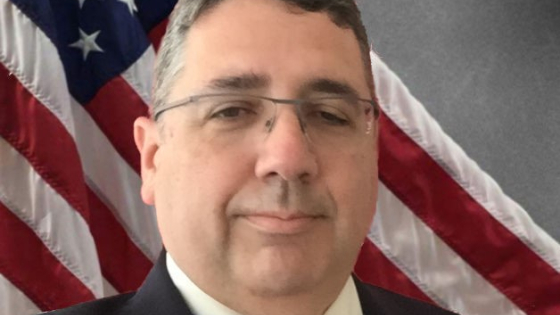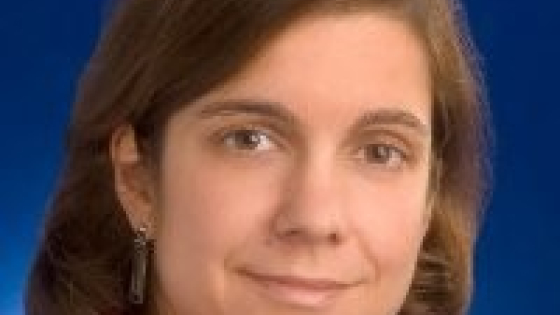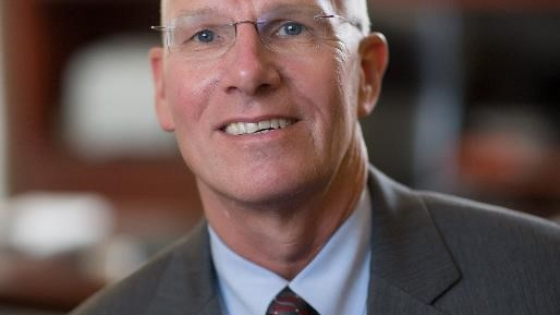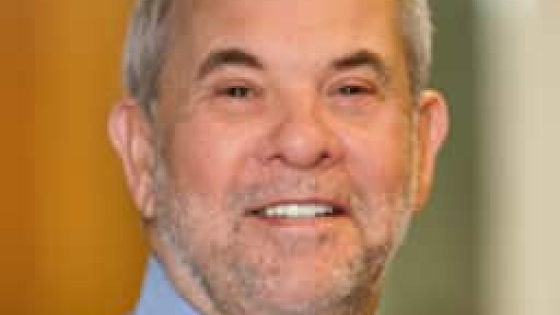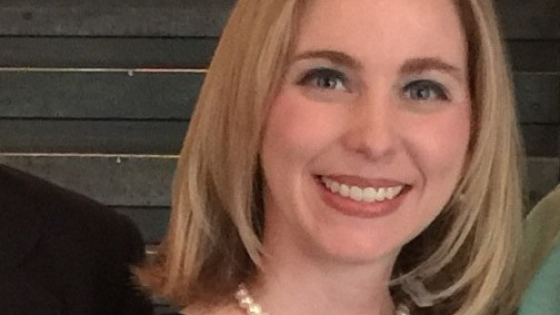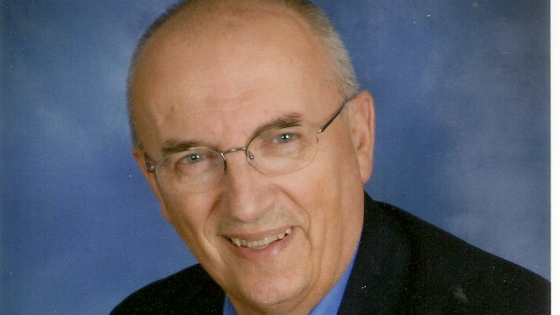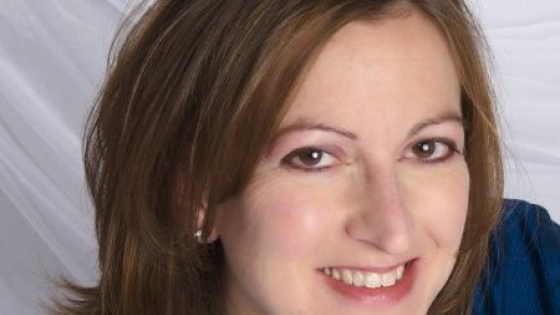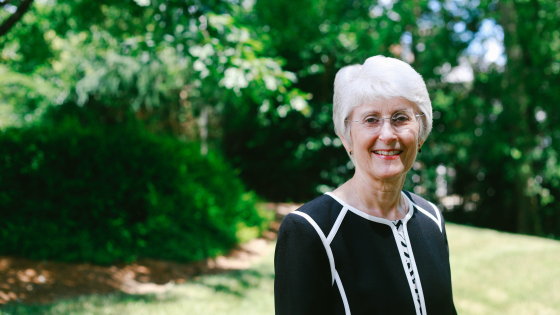On August 16, 2020, the University of Kentucky College of Pharmacy turned 150, a testament to the continuous work of all of our pharmacy family. We couldn’t do what we do without each one of the individuals featured here. Whether an alumnus, faculty or staff member, donor, friend, or thought leader—each person is a part of our legacy. Their commitment to this community allows us to be one of the nation's leading colleges of pharmacy.
